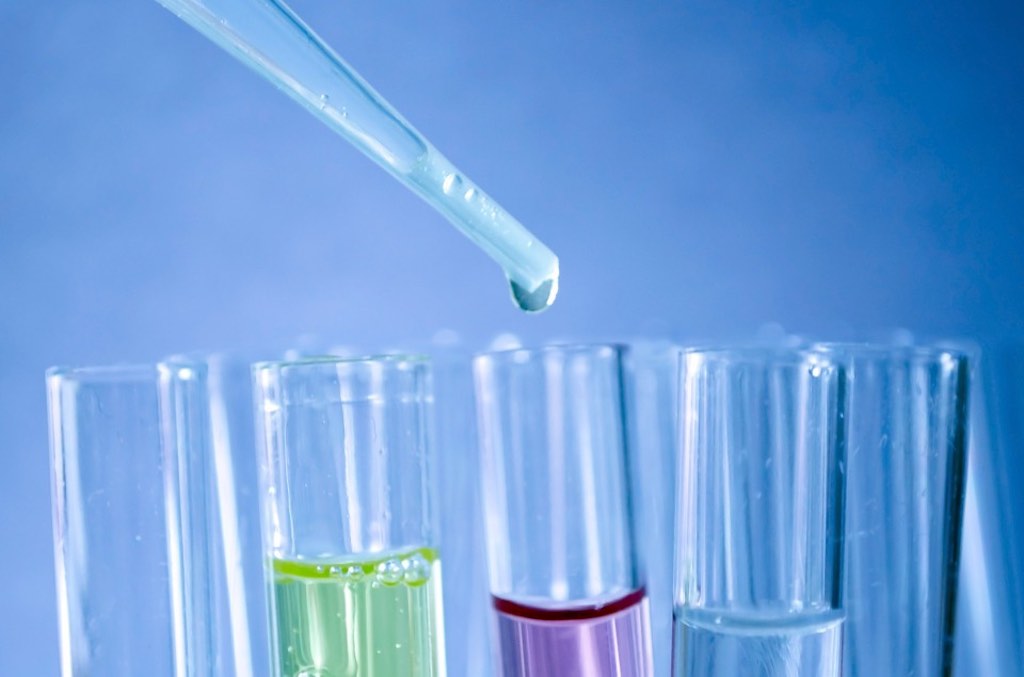Kidney disease – known as nephropathy – is a serious complication associated with long-term diabetes. Over the years, high blood glucose (sugar) levels and high blood pressure can damage the kidneys and prevent them from functioning properly or even cause them to fail completely.
Diseases of the kidney are common in people with diabetes. In fact, up to 50% of people with diabetes demonstrate signs of kidney damage in their lifetime, but good diabetes management and regular screening can prevent or delay the loss of kidney function.
What do the kidneys do?
The kidneys are two bean-shaped organs located just below the ribs, near the back. They filter the blood, removing waste through the urine. The kidneys also regulate the amount of fluid and salts in the body and are important in controlling blood pressure.
How does diabetes affect the kidneys?
Diabetes is the leading cause of kidney disease in Canada. Over the long term, high blood glucose (sugar) levels damage tiny blood vessels in the kidneys, impairing their ability to filter the blood properly. As a result, a type of protein called “albumin” spills into the urine instead of being processed into the blood stream. Tiny amounts of protein in the urine is called microalbuminuria; as kidney disease progresses, more protein is found in the urine, a condition called proteinuria. Without treatment, the kidneys will eventually fail (this is known as “end-stage renal failure”) and dialysis or a kidney transplant will be required.
Diabetes can also affect kidneys by damaging the nerves that tell you when your bladder is full. The pressure from a full bladder can damage the kidneys. As well, if urine remains in the bladder for a long time, it can increase your risk of developing a urinary tract infection, which can spread to the bladder.
Screening
Most people don’t experience any symptoms in the early stages of kidney disease, so it is important to be screened regularly to detect kidney problems as early as possible.
If you have diabetes, you should have your kidneys checked by having your urine tested for protein). This test is called an ACR (albumin/creatinine ratio) which is a urine test usually done to see if your kidneys have any damage from your diabetes. The target number for most people with diabetes is less than 2.0.
Another test used to check your kidney function is the estimated Glomerular Filtration Rate (eGFR). The eGFR is a test used to see how well the kidneys are working. This test is done in a lab. A result of less than 60 mL/minute may suggest that you have kidney disease. These tests for your kidneys are usually checked when you are first diagnosed with diabetes, and then once per year after that. If you have kidney disease, you may need to have this test more often.
Prevention & treatment of kidney disease
The development and progression of kidney disease are closely linked to high blood glucose (sugar), high blood pressure and smoking. The best way to prevent or delay kidney damage is to:
- Keep your blood glucose (sugar) at target. Talk to your doctor about what your target range should be.
- Keep your blood pressure at target. For most people with diabetes, the goal is below 130/80. Again, talk to your doctor about your personal target.
- Don’t smoke.
- Take your medications as prescribed. Your doctor may prescribe an ACE (angiotensin converting enzyme) inhibitor or an ARB (angiotensin receptor blocker) to help manage your blood pressure and slow the loss of kidney function.
- Have your blood cholesterol checked annually and keep it at target, which is an LDL-cholesterol level of 2.0 mmol/L for most individuals.
- Follow a healthy meal plan. If you have protein in your urine, a dietitian may recommend that you reduce the amount of salt and/or protein in your diet.
- Enjoy regular physical activity.

